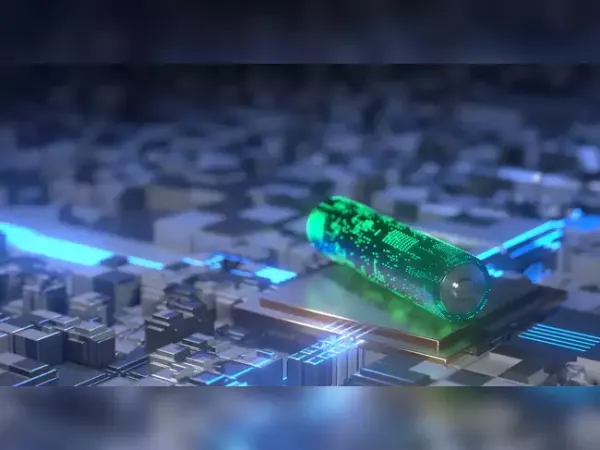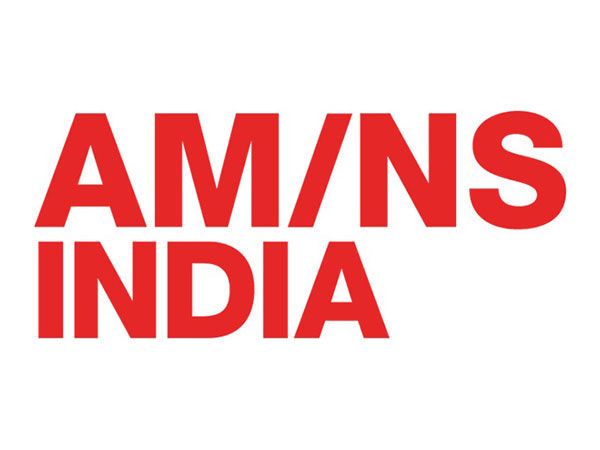Researchers at Indian Institute of Technology, Madras are developing advanced zinc-air battery technology that they said is a cost-effective, safer and more sustainable alternative to lithium-ion batteries that are used in smartphones to electric vehicles.
Nearly all of India's 15 GWh demand for lithium-ion batteries is currently met through imports from China, Japan and Indonesia. Developing a local alternative will also help India save on foreign exchange amid an increasing demand for energy storage systems. As per data from the Global Trade Research Initiative, India’s imports of lithium-ion batteries for EVs alone, primarily sourced from China, amounted to $2.2 billion in fiscal 2024.
"Zinc-air batteries can potentially play a role in the global transition toward sustainable energy due to their numerous advantages. Zinc, unlike the rare and expensive elements used in lithium-ion batteries, is abundant and low-cost in India," said Ranjit Bauri, a professor at IIT-M’s Department of Metallurgical and Materials Engineering, who is working on the project.
Zinc-air batteries are exceptionally safe, operating under various conditions without the risk of overheating or catching fire, a common concern with lithium-ion systems, Bauri told ET.
The theoretical energy density of these batteries exceeds conventional battery technologies, allowing them to last longer, he said. "You cannot use an EV with a lithium-ion battery which will run hundreds of kilometres,” he said.
Their manufacturing cost is also lower compared with lithium-ion, which require controlled production environments to prevent degradation, he said.
The technology, the IIT-M professor said, could be a gamechanger in the energy space.
Speaking about the next steps in this research and a potential timeline for real-world implementation and commercialisation, Bauri said the technology is constantly evolving, and the research team is conducting trials.
Sai Vani Terlapu, a research scholar who co-authored a report on the subject along with Bauri, said the current bottlenecks with zinc-air batteries, particularly the possibility of quick corrosion and sluggish kinetics, may impact battery performance and durability. "Efficient catalysts are essential to facilitate these reactions and enable the smooth operation of the battery during charging and discharging cycles," he said.
Companies such as Canada’s Salient Energy (zinc-ion batteries) and US-based Urban Electric Power (zinc-manganese dioxide batteries) have been developing zinc-based battery technologies for grid-scale applications as alternatives to Li-ion batteries.
Nearly all of India's 15 GWh demand for lithium-ion batteries is currently met through imports from China, Japan and Indonesia. Developing a local alternative will also help India save on foreign exchange amid an increasing demand for energy storage systems. As per data from the Global Trade Research Initiative, India’s imports of lithium-ion batteries for EVs alone, primarily sourced from China, amounted to $2.2 billion in fiscal 2024.
"Zinc-air batteries can potentially play a role in the global transition toward sustainable energy due to their numerous advantages. Zinc, unlike the rare and expensive elements used in lithium-ion batteries, is abundant and low-cost in India," said Ranjit Bauri, a professor at IIT-M’s Department of Metallurgical and Materials Engineering, who is working on the project.
Zinc-air batteries are exceptionally safe, operating under various conditions without the risk of overheating or catching fire, a common concern with lithium-ion systems, Bauri told ET.
The theoretical energy density of these batteries exceeds conventional battery technologies, allowing them to last longer, he said. "You cannot use an EV with a lithium-ion battery which will run hundreds of kilometres,” he said.
Their manufacturing cost is also lower compared with lithium-ion, which require controlled production environments to prevent degradation, he said.
The technology, the IIT-M professor said, could be a gamechanger in the energy space.
Speaking about the next steps in this research and a potential timeline for real-world implementation and commercialisation, Bauri said the technology is constantly evolving, and the research team is conducting trials.
Sai Vani Terlapu, a research scholar who co-authored a report on the subject along with Bauri, said the current bottlenecks with zinc-air batteries, particularly the possibility of quick corrosion and sluggish kinetics, may impact battery performance and durability. "Efficient catalysts are essential to facilitate these reactions and enable the smooth operation of the battery during charging and discharging cycles," he said.
Companies such as Canada’s Salient Energy (zinc-ion batteries) and US-based Urban Electric Power (zinc-manganese dioxide batteries) have been developing zinc-based battery technologies for grid-scale applications as alternatives to Li-ion batteries.








